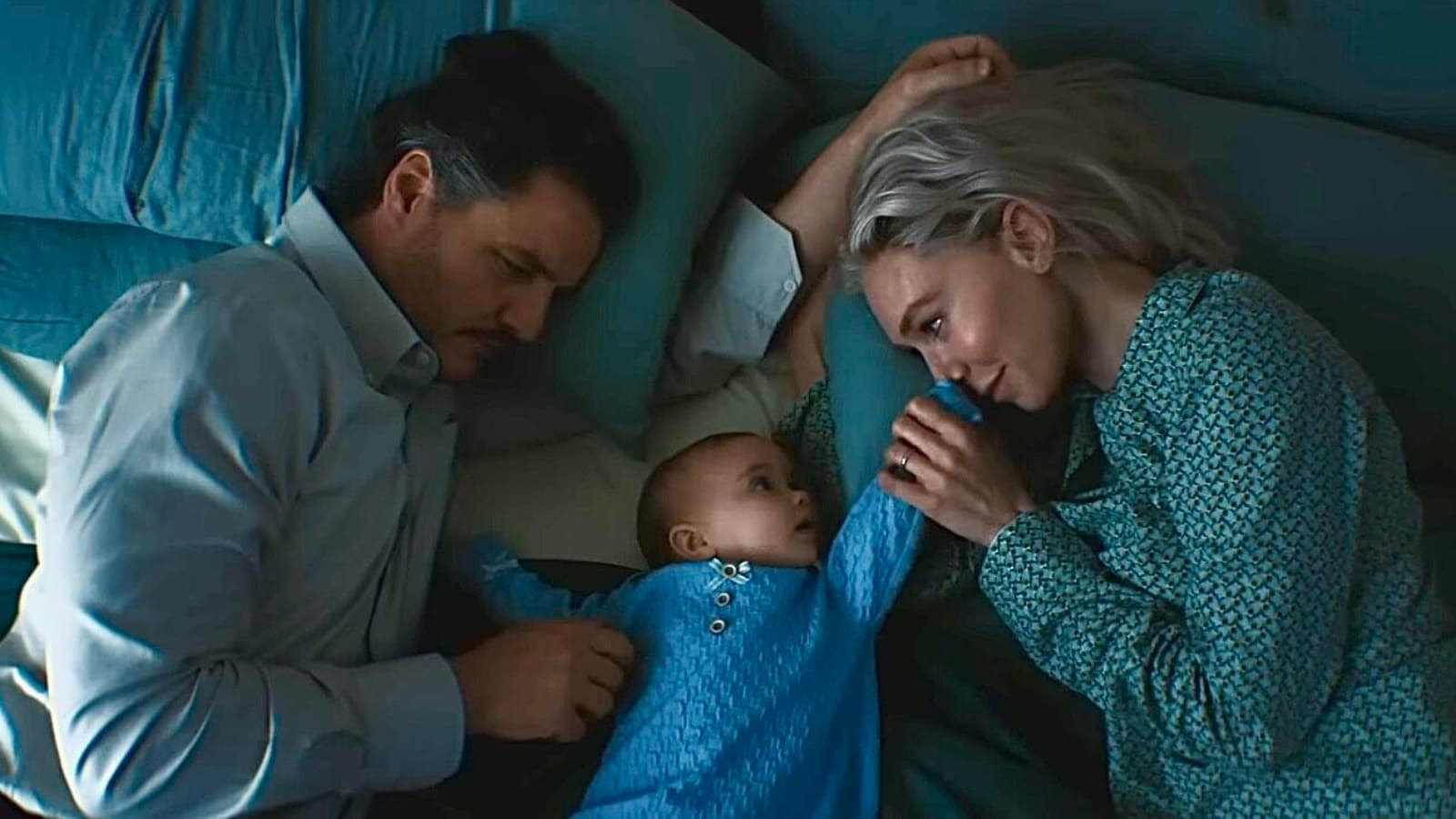Justice Department confirms no Jeffrey Epstein client list, no further files to be released
The Justice Department stated Monday that no “client list” exists in connection with Jeffrey Epstein’s sex trafficking investigation and affirmed that no additional records would be released to the public. The declaration counters claims made by former Attorney General Pam Bondi, who had previously alluded to a list allegedly naming individuals involved in Epstein’s criminal activities.
Joe Raedle/Getty Images
Bondi’s suggestion earlier this year that such a document existed, even claiming during a Fox News appearance that it was “sitting on my desk,” had fueled widespread speculation, particularly among conservative commentators and online conspiracy theorists. Her remarks contributed to growing expectations that prominent names would soon be exposed in a second wave of document releases tied to the late financier’s case.
The Department’s announcement came in tandem with the release of surveillance footage from Epstein’s New York jail cell, intended to conclusively show that his death was a suicide. A memorandum issued alongside the video stated that no further materials would be disclosed, contradicting earlier assertions from Bondi, who had told media outlets that additional evidence was forthcoming under the new administration.
Bondi had previously promised greater transparency, telling the public that more revelations were imminent. A much-anticipated first release, however, was met with backlash when it failed to deliver substantive new content. The event, held at the White House in February, included binders labeled “The Epstein Files: Phase 1” and “Declassified,” but the included documents were largely already available to the public, prompting frustration among conservative media figures and social media influencers.
Following the lukewarm reception, Bondi claimed that a “truckload” of previously unseen materials had been acquired from the FBI. In a March interview, she accused the Biden administration of withholding documents and implied a lack of commitment to transparency and truth. Yet, the Justice Department’s subsequent review concluded that releasing more materials was neither justified nor in the public interest.
The memo, bearing the insignias of both the FBI and the Justice Department, did not include a signature from any specific official. It emphasized that releasing additional evidence could violate court-ordered protections intended to safeguard victims. The Department also noted that only a minimal portion of the collected evidence would have been presented at trial had Epstein lived.
“Combating child exploitation and seeking justice for victims remain among our top priorities,” the memo read. “Spreading baseless theories about Epstein serves neither goal.”
The Justice Department’s stance sparked strong reactions from figures who have long alleged a government conspiracy surrounding Epstein’s death and dealings. Influential online personality Jack Posobiec decried the announcement, describing the situation as poorly handled. He expressed disbelief that so little new information had emerged after months of anticipation.
Alex Jones, known for his conspiratorial narratives, responded with sarcasm, insinuating that the government might next deny Epstein’s very existence. Elon Musk joined the criticism through social media, sharing images that appeared to mock Bondi for her earlier claims about possessing a client list.
Among the sensitive materials still held by the government are over 10,000 videos and images, which officials said may contain child sexual abuse content or other forms of pornography. Bondi had cited the volume and graphic nature of this content as reasons for the delayed public release, stating that the FBI needed to review thousands of hours of footage involving Epstein.
An Associated Press report published last week highlighted unanswered questions about those videos. Individuals involved in the criminal proceedings against Epstein and his former associate Ghislaine Maxwell told the AP that they had no knowledge of the extensive video archive Bondi referenced. Official court documents related to Epstein’s indictment and pre-trial detention make no mention of such recordings, nor was either defendant charged with possession of child pornography—charges that could have potentially been easier to prosecute than those related to sex trafficking.
The AP did uncover references in civil court filings suggesting that the Epstein estate had located materials that might qualify as child sexual abuse content. However, due to a court-issued protective order, attorneys are restricted from discussing the exact contents or nature of that material.
The Justice Department declined to address a list of specific questions from the AP, including inquiries into when the videos were discovered, what they depict, or whether they had long been in the government’s possession.
Epstein’s death in August 2019, shortly after being arrested on sex trafficking charges, ended the possibility of a trial. Officials concluded his death was the result of suicide, a position that has been publicly challenged but consistently upheld by multiple high-ranking law enforcement officials.
Former Attorney General William Barr, in a 2019 interview with the AP, said he personally reviewed security footage confirming that no one entered Epstein’s unit the night he died. Barr attributed Epstein’s death to a series of procedural failures. More recently, FBI Director Kash Patel and Deputy Director Dan Bongino have reinforced that conclusion during public appearances, asserting that available evidence supports the suicide finding.










